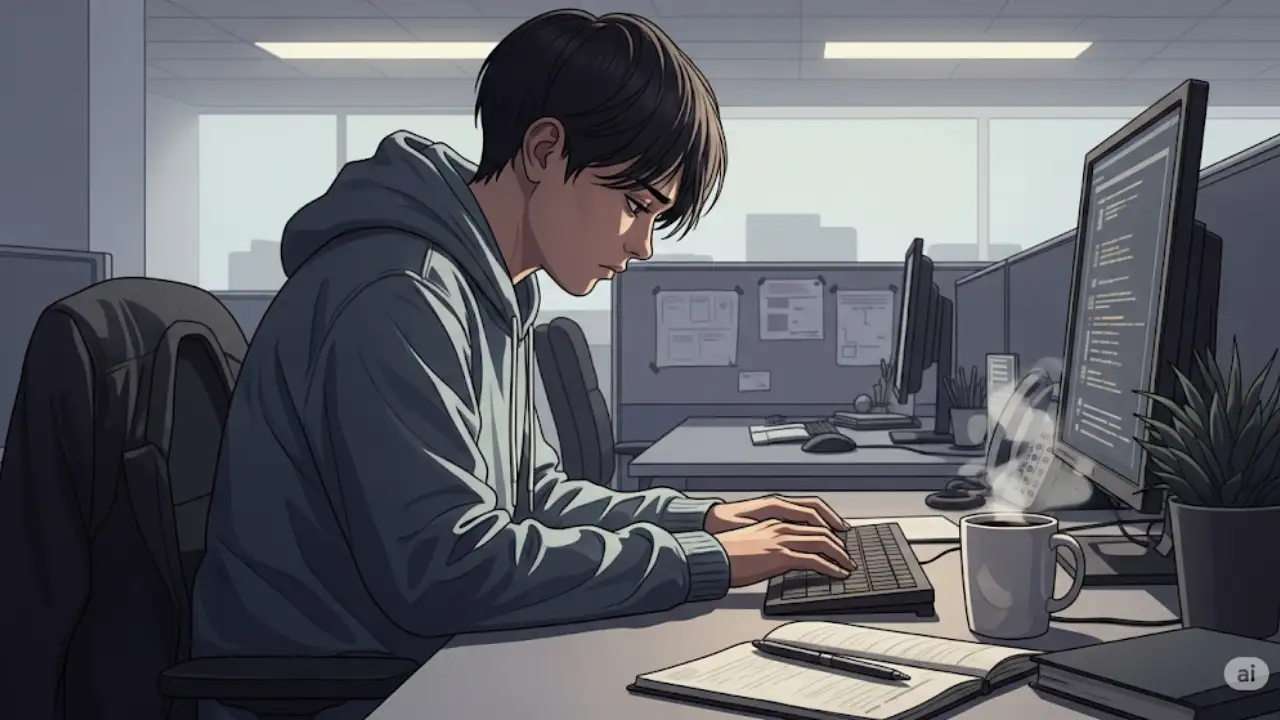By Anurag Kumar
Copyright timesnownews

The advent of artificial intelligence has made us all believe that it would cut down human efforts and increase our productivity. But what if we told you that it’s AI that is pushing us to work harder and could be one of the key reasons why the 70-hour workweek seems to be making a comeback? Yes, the race to dominate the AI bubble is pushing startups to once again pitch for the “9-9-6” model. As per this trend, an individual is supposed to work from 9 am to 9 pm, six days a week. AI was supposed to free us from mechanical work, yet its creators are working longer than ever. According to a Forbes report, Cognition reportedly pushes 80-hour weeks, while Rilla bluntly tells new hires to expect 70-hour marathons. Even at Google’s AI division, Sergey Brin insists 60 hours is the “sweet spot” for productivity. So much for machines doing the work; the real question is whether this culture of endless hustle will remain a startup quirk or become corporate America’s new normal. The Origins of the 70-Hour Grind China’s notorious “996” culture emerged in the early 2010s as tech and manufacturing firms sprinted to dominate during the country’s rapid growth phase. The result? A wave of burnout, health crises, and mass discontent. Despite laws limiting the workweek to 44 hours with mandatory overtime pay, companies openly ignored the rules. By 2021, even China’s Supreme People’s Court declared the 996 model illegal, calling it a danger to workers and society. The irony? Just as China outlawed it, Silicon Valley and AI startups seem eager to resurrect the same punishing schedule, this time in the name of “innovation.” Silicon Valley’s AI Boom and the Return of Extreme Schedules As China retreats from its infamous 996 work culture, Silicon Valley appears to be reviving it. AI startup Rilla openly warns applicants not to bother unless they’re ready to put in “~70 hrs/week in person with some of the most ambitious people in NYC.” The irony couldn’t be starker. Artificial intelligence was built to automate tasks and ease human effort, yet it’s being used as the rationale for even longer, more punishing schedules. Instead of freeing people, AI is fueling a race to squeeze more out of them. Will Corporate America Catch the Bug? History suggests it might. Many workplace trends that started in tech — open offices, unlimited PTO, and the “move fast, break things” ethos — eventually seeped into Fortune 500 boardrooms. A 70-hour grind could be the next cultural export. Industries like Wall Street, management consulting, and BigLaw already thrive on marathon hours. If AI startups justify extreme workweeks as the cost of innovation, established companies could feel pressured to match that pace to stay competitive. And the infrastructure for this shift is already in place. Smartphones, remote work tools, and always-on connectivity have blurred the line between office and home, making it all too easy for employers to stretch work expectations well beyond the traditional 9-to-5.



